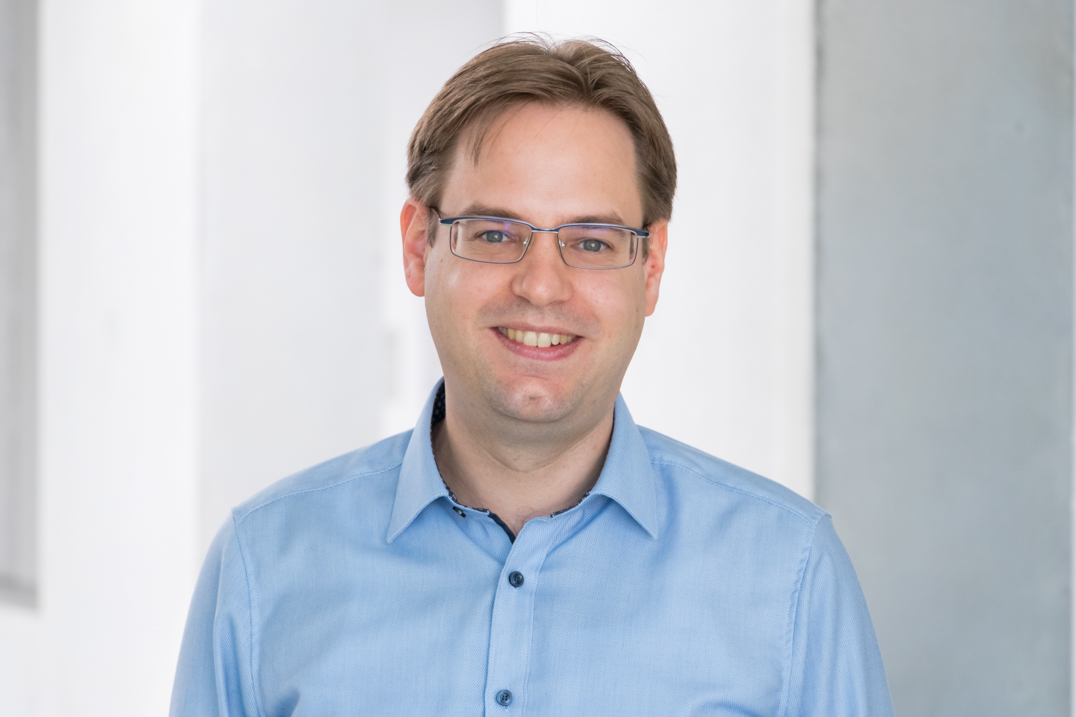News & Press
Scholarship for Philipp Höfele
The German Academic Exchange Service supports the philosopher and his research project on the Anthropocene

The German Academic Exchange Service (DAAD – Deutscher Akademischer Austauschdienst) is supporting Dr. Philipp Höfele of the Department of Philosophy and the livMatS cluster at the University of Freiburg with a fellowship within the “Postdoctoral Researchers International Mobility Experience” (PRIME) program. Höfele will conduct research on questions surrounding the current discourse on the Anthropocene at the Pennsylvania State University in the United States and at Freie Universität Berlin starting in October 2021. With the PRIME program, the DAAD supports international mobility in the postdoctoral phase through temporary positions at German universities. The funding comprises a twelve-month phase abroad and a six-month phase at a German university, during which the fellows are employed as postdocs.
“The PRIME fellowship offers me an unique opportunity to discuss the findings obtained in livMatS with renowned international researchers,” says Höfele. “I hope to build a bridge between the partly juxtaposed continental and Anglo-American discourses that opens up new perspectives – especially regarding the challenges of the present for philosophy and ethics.”
Höfele's project aims to re-explore the relationship between nature and technology in the present and to investigate its ethical significance. In doing so, Höfele refers to the current debate on the Anthropocene, which was initiated by chemist Paul J. Crutzen. Crutzen coined the term Anthropocene to describe a new age in which humans and the technology they have developed are profoundly influencing biological, geological and atmospheric processes on Earth. In the funded research project, Höfele aims to show how philosophy can contribute to the debate and how the discipline must question outdated thought patterns and traditions to do so. His research focuses, among other things, on natural philosophy around 1800, which Höfele understands as a central prehistory of this discussion about the intertwining of the natural and the man-made.
In the livMatS cluster, Höfele focuses on the ethical and philosophical implications of living material systems in relation to the Anthropocene. He researches the fundamental concepts of “nature”, “matter”, “technical imitation” or “living / inanimate” and furthermore wants to show that livMatS can contribute to the solution of (environmental) ethical problems that arise from current societal developments.
